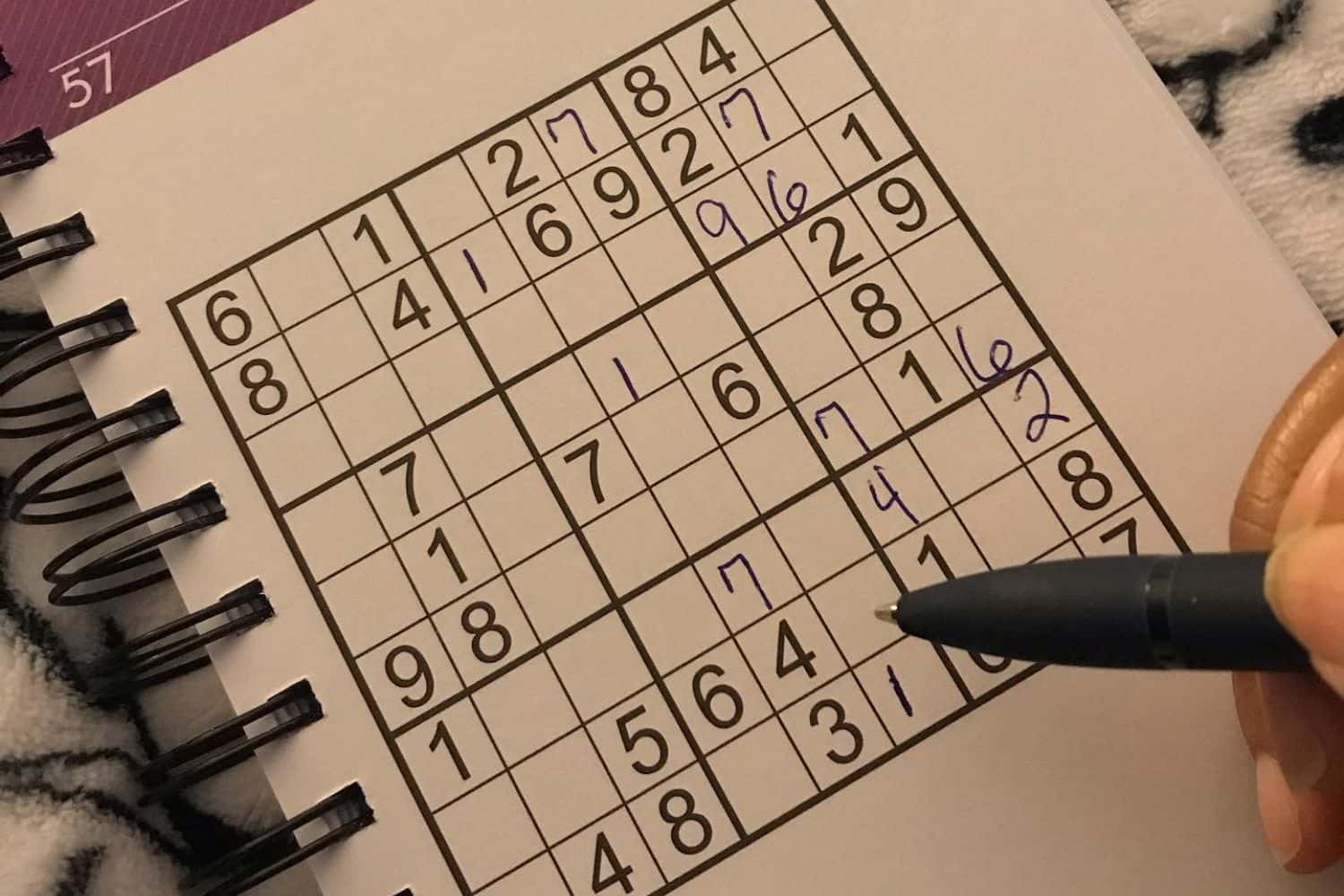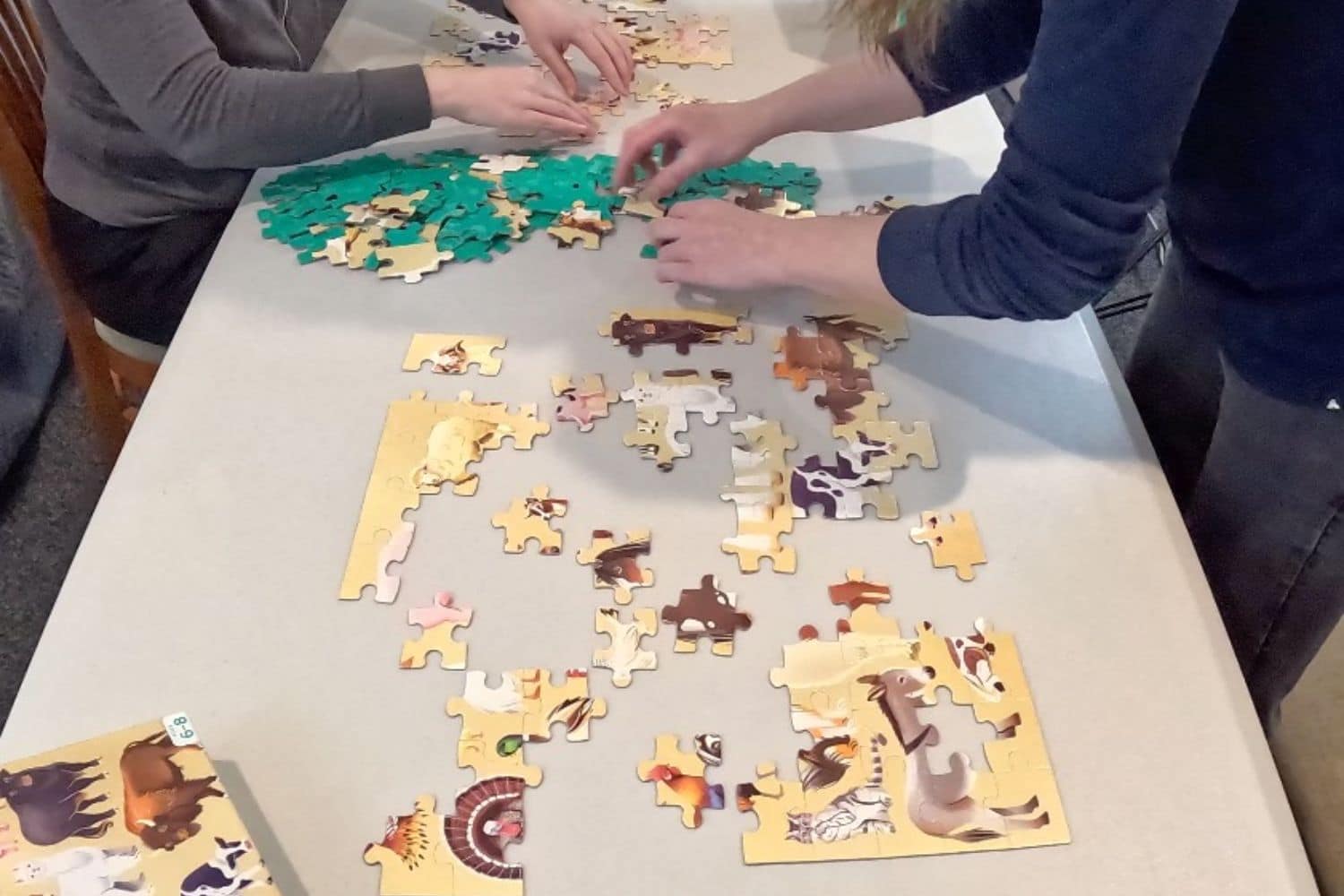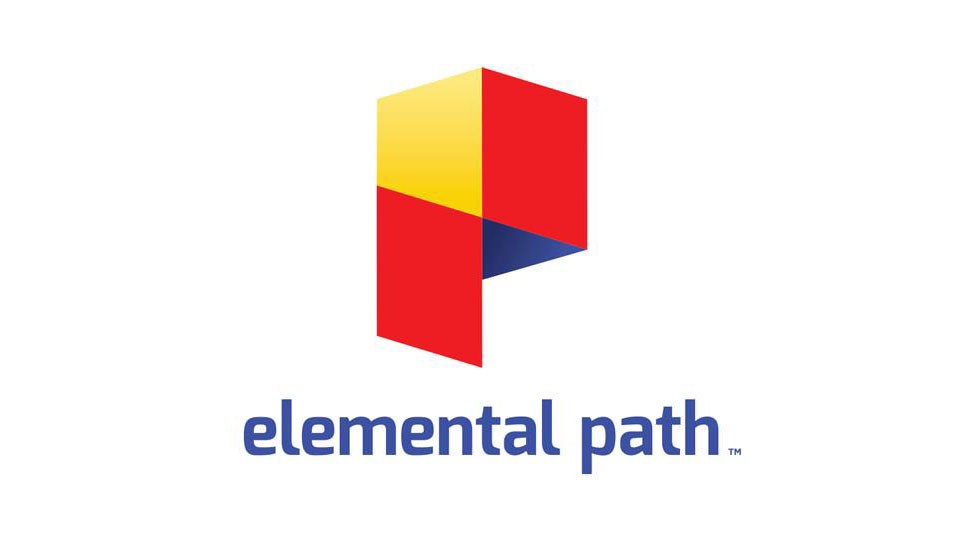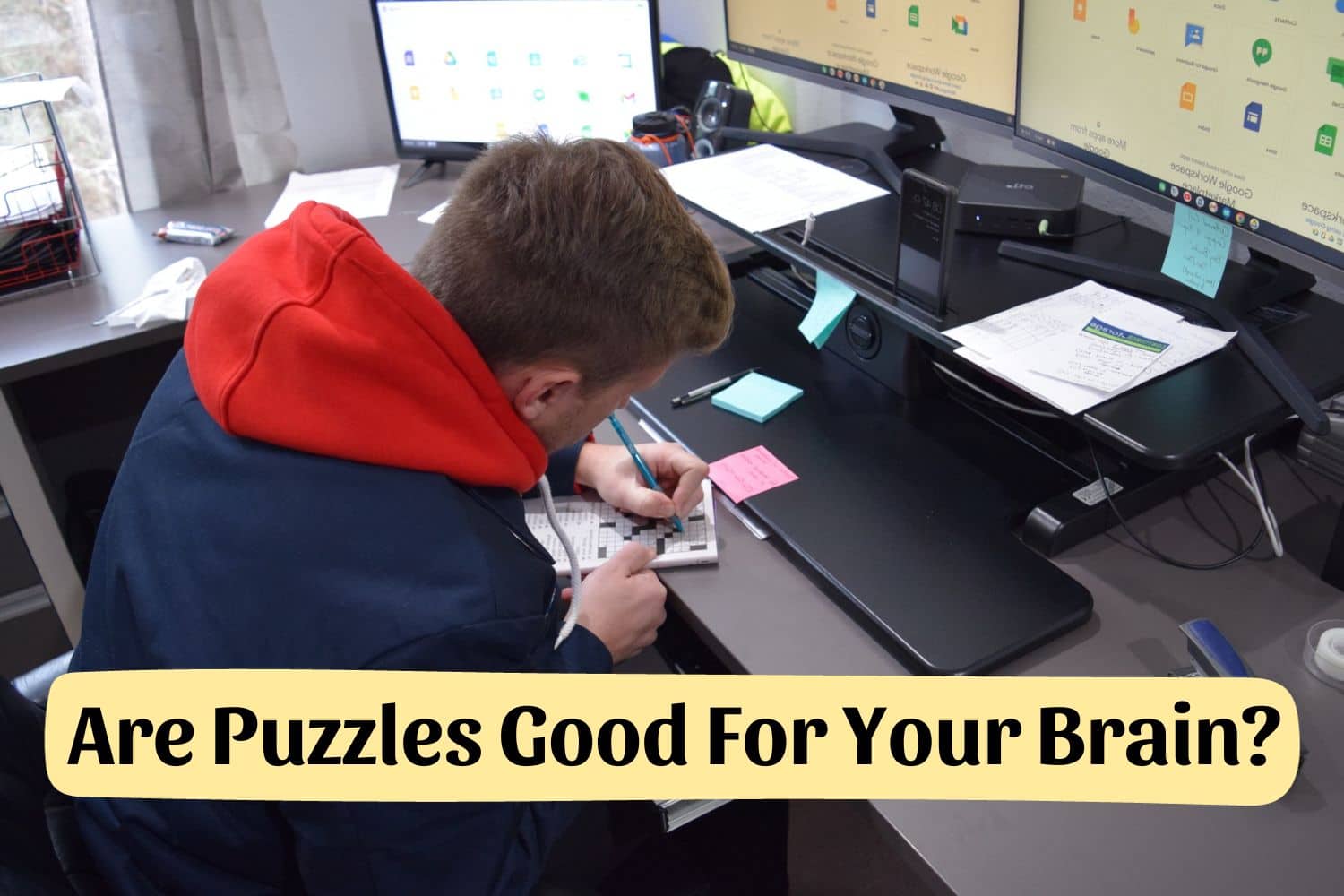Are puzzles good for your brain? Discover the surprising effects puzzles have on your brain and how to use them to boost mental clarity and focus.
Are Puzzles Good For Your Brain? Uncovering the Benefits
Are you looking for a way to improve your cognitive abilities while also providing yourself with an enjoyable activity? Puzzles are the perfect thing for you!
With countless studies showing the numerous benefits that come along with completing puzzles, it’s no surprise why so many people are giving them a go. But what exactly is it about puzzles that make them so beneficial to our brains?
In this blog post, we’ll explore all of the ways that puzzles can sharpen memory, increase problem-solving skills, and aid in improving overall brain health. So if you’re curious about how are puzzles good for your brain – keep reading!
How Are Puzzles Good For Your Brain?
Puzzles Exercise Both Sides of Your Brain
One of the top benefits of puzzles is that they require both sides of your brain to work together. The left side of your brain handles logic and analytical thinking while the right side handles creativity and intuition.
Using both sides simultaneously stimulates more neural connections, which can lead to increased cognitive function.
Puzzles Improve Memory Retention
Completing a puzzle requires you to remember shapes, colors, and patterns. This helps in developing short-term memory retention as well as long-term memory recall.
Furthermore, the repetitive nature of puzzles can also aid in improving concentration and focus which are important for retaining information.
By engaging in puzzle-solving, you stimulate your brain’s problem-solving skills and strengthen its neural connections. Just as we exercise our muscles for physical health, tackling complex puzzles strengthens the efficient brain cells known as neurons.
Regular puzzle-solving can lead to a tremendous improvement in short-term memory and the creation of new neural pathways. Sharpen your memory and boost your cognitive ability by incorporating complex puzzles into your routine.
Additionally, studies have found that puzzle-solving can help reduce brain damage in Alzheimer’s patients by fostering the growth of new brain connections.
Puzzles Boost Problem-Solving Skills
Puzzles are essentially a series of problems that need to be solved. By consistently challenging our brains, we can improve our ability to analyze and solve complex problems in everyday life. Puzzles also encourage us to think critically and strategically, which are valuable skills that can be applied in various areas of life.
In every aspect of life, the ability to solve problems and think critically is invaluable. And what better way to develop these essential skills than through the captivating challenge of puzzles?
By engaging with puzzles, we not only learn to approach problems from different angles, but also cultivate the vital skills of trial and error, formulating and testing theories, and adaptability.
But the benefits of puzzles do not end there. Alongside honing cognitive skills, critical thinking, and logical reasoning, these games also foster patience and perseverance. By embracing puzzles, we unlock the potential to enhance our problem-solving abilities and reasoning skills.
Puzzles Promote Relaxation
In today’s fast-paced world, it’s important to take some time to relax and destress. Completing a puzzle can provide a sense of accomplishment and satisfaction, helping to reduce stress levels.
Puzzles allow us to focus on one task at a time, letting our minds unwind from the constant barrage of stimuli in our daily lives. The repetitive motion of placing puzzle pieces can also have a calming effect similar to meditation.
They Improve Visual and Spatial Reasoning
Puzzles require us to visualize the bigger picture and how each piece fits together. This helps in developing visual and spatial reasoning skills, which are essential for navigating our physical environment.
From recognizing patterns to understanding perspective, puzzles can help train our brains to think in a more three-dimensional manner. This skill is not only important for tasks such as packing a suitcase or organizing a room, but it also plays a crucial role in STEM fields such as engineering and architecture.
They Enhance Your Mood
Completing a puzzle can bring about a sense of accomplishment and pride, leading to an increase in positive emotions. Puzzles also distract from negative thoughts and emotions, allowing our minds to focus on something more enjoyable.
Moreover, working on puzzles with others can promote social interaction and bonding, essential for maintaining good mental health. The feeling of camaraderie and teamwork that comes with completing a puzzle together can also boost overall mood and well-being.
They can Improve Your IQ Score
Research has shown that regularly engaging in mentally stimulating activities, such as puzzles, can improve overall cognitive function and even lead to an increase in IQ scores.
This is because puzzles require a combination of skills including memory, logic, and problem-solving. By consistently exercising these abilities through puzzle-solving, we can strengthen and enhance our mental capabilities. So not only are puzzles good for your brain, but they may also make you smarter!
Not only do they sharpen your memory, concentration, vocabulary, and reasoning skills, but they also have a profound impact on your IQ.
Recent research from the University of Michigan reveals that dedicating just 25 minutes a day to solving puzzles can increase your IQ by an impressive 4 points. Unleash the potential of your mind with the proven benefits of puzzles.
Can Delay Dementia and Alzheimer’s
Recent studies suggest that engaging your mind in stimulating activities may have a positive impact on the health of your brain cells and help prevent neuron decline. This is particularly significant because early signs of Alzheimer’s disease often involve a decrease in healthy neurons.
Individuals diagnosed with early dementia are frequently prescribed a variety of brain exercises to complete. Puzzles are a popular choice as they require reasoning and engage both hemispheres of the brain, providing a cognitive challenge.
Additionally, exposing children to such activities from a young age can potentially reduce their risk of developing Alzheimer’s later in life.
Enhance Your Concentration and Focus with Complex Puzzles
If you’re familiar with puzzle boxes, you’ve probably encountered those labeled “500+ pieces.” The larger the puzzle, the greater the complexity and the need for intense concentration and focus to find the right piece. Even identifying the first piece can be quite a challenge!
However, engaging in the puzzle-solving process offers unique benefits for improving both your focus and concentration, unmatched by any other mental activity. If you find it difficult to maintain focus, solving puzzles is an ideal leisure time activity to start with.
Best Puzzle Games to Keep Your Mind Sharp

#1 Sudoku

Sudoku is a captivating number placement game that entertains and enhances your short-term memory and concentration skills. By planning and following a chain of logical consequences, such as deducing that a certain number must be placed based on its neighboring numbers, you can complete a Sudoku puzzle.
You have multiple options to play Sudoku: you can enjoy it online, on a mobile app, or simply with a pen and paper. Whether you find a Sudoku puzzle in your daily newspaper, purchase a book filled with puzzles, or download a free app on your phone or tablet, Sudoku is easily accessible.
Sudoku puzzles come in various levels of difficulty. If you are new to the game, start with the easy puzzles to familiarize yourself with the rules. For those playing on paper, it’s highly recommended to use a pencil to allow for any necessary adjustments.
Challenge yourself and sharpen your mind with Sudoku—a game that combines fun and mental stimulation.
#2 Crossword Puzzles
Crossword puzzles are a classic favorite among puzzle enthusiasts. These word-based puzzles challenge your vocabulary, memory, and problem-solving skills as you try to fill in the missing words using clues.
Similar to Sudoku, crossword puzzles come in varying levels of difficulty. So whether you’re just starting or are an experienced solver, there’s always a new challenge awaiting you.
You can find crossword puzzles in newspapers, magazines, and online websites dedicated to puzzling. You can also purchase crossword puzzle books if you prefer the traditional pen and paper method.
Challenge your language skills and keep your mind sharp with this timeless puzzle game.
#3 Jigsaw Puzzles

Jigsaw puzzles are a classic form of entertainment that has been around for centuries. They involve assembling small, oddly shaped interlocking pieces to create a complete image.
Jigsaw puzzles come in various sizes and difficulty levels, making them suitable for all ages and skill levels. From simple 100-piece puzzles to complicated 1000-piece ones, there’s a puzzle for everyone.
Not only do jigsaw puzzles enhance your problem-solving skills and patience, but they can also serve as a form of relaxation and stress relief. The repetitive nature of finding and fitting pieces together can be soothing, making it an ideal activity to unwind with.
Challenge yourself or enjoy the process with friends and family. Either way, jigsaw puzzles are a fun and beneficial way to keep your mind sharp.
#4 Rubik’s Cube
The Rubik’s Cube is a classic 3D puzzle that has been challenging minds since its invention in 1974. This colorful cube consists of nine smaller cubes on each side, with the goal being to arrange all sides so that they match in color.
Solving a Rubik’s Cube requires logical thinking, spatial awareness, and problem-solving skills. It may seem daunting at first, but with practice and patience, anyone can learn to solve this iconic puzzle.
While it may not be as easily accessible as the other puzzle games on this list, the Rubik’s Cube offers a unique challenge for those looking to improve their mental abilities.
Challenge yourself and impress your friends with your Rubik’s Cube solving skills.
#5 Chess
Chess is a strategic board game that requires intense focus and decision-making skills. Each move must be thought out carefully, considering the potential consequences and counter-moves of your opponent.
Playing chess not only improves your critical thinking and problem-solving abilities, but it also enhances memory and concentration. It’s a great way to train your mind while also engaging in an exciting and competitive activity.
You can play chess with a physical board and pieces, or you can opt for online versions that allow you to play against players from around the world. There are also various levels of difficulty available, making it suitable for players of all skill levels.
Challenge yourself and become a master at this timeless game of strategy.
Different Types of Puzzles and Their Effects on Brain Power
There are various types of puzzles available, each with its unique benefits for the brain. Jigsaw puzzles, crossword puzzles, Sudoku, and logic puzzles all provide different challenges that engage and improve different parts of the brain.
Jigsaw puzzles: require visual-spatial reasoning, as you must mentally rotate and match the pieces to complete the image. This type of puzzle can also improve short-term memory, attention to detail, and problem-solving skills.
Crossword puzzles: heavily rely on vocabulary knowledge and verbal abilities. These puzzles can help improve language processing speed, verbal fluency, and memory recall of words.
Sudoku: a logic-based puzzle that requires critical thinking and problem-solving. Sudoku puzzles can enhance logical reasoning, spatial awareness, and working memory.
Logic puzzles: involve using deductive reasoning to find the correct solution, making them excellent for improving analytical skills, pattern recognition, and decision-making abilities.
Word searches: can help improve visual attention and concentration by requiring you to scan for specific words within a large grid of letters.
Riddles and brain teasers: provide a fun challenge for the brain, requiring you to think creatively and outside the box. These types of puzzles can enhance problem-solving skills and improve cognitive flexibility.
Incorporating a variety of these puzzles into your routine is an effective way to exercise different parts of your brain and keep it sharp.
The Physical Benefits of Puzzle Solving
In addition to the mental benefits, puzzles offer physical advantages for our bodies. Solving puzzles can improve hand-eye coordination and fine motor skills, as we must manipulate puzzle pieces with precision.
Furthermore, spending time on a puzzle can also lead to reduced stress levels and improved mood. This is because solving puzzles requires us to enter a state of flow – a mental state in which we are fully absorbed and focused on the task at hand, leading to feelings of relaxation and satisfaction.
So next time you’re feeling overwhelmed or stressed, try taking a break and solving a puzzle. Not only will it provide a mental challenge, but it may also have positive physical effects on your body as well.
FAQs
Do puzzles improve IQ?
Yes, puzzle-solving apps can provide similar mental and physical benefits as traditional puzzles. However, it’s essential to take breaks from screen time and incorporate a variety of activities into your routine.
Can children benefit from solving puzzles?
Absolutely! Puzzles are beneficial for people of all ages. For children, it can improve problem-solving skills, hand-eye coordination, and cognitive development.
Can puzzles help prevent memory loss?
While puzzles alone cannot prevent memory loss, they can be a helpful tool in maintaining brain health as we age. Additionally, staying mentally active through activities like puzzle-solving may contribute to delaying the onset of conditions such as dementia and Alzheimer’s.
Conclusion
So, are puzzles good for your brain? The answer is a resounding yes! From improving memory retention to boosting problem-solving skills and promoting relaxation, puzzles have numerous benefits that can positively impact our brains.
Whether you prefer jigsaw puzzles or crossword puzzles, incorporating them into your routine can have long-lasting effects on your cognitive health. So don’t hesitate to pick up a puzzle and give your brain a workout today!
But remember, it’s not just about the result – enjoy the process and have fun with it! Happy puzzling!
Thanks for reading our article. If you want to know more information, visit our website here.
Read more:
Number of Puzzle Pieces by Age
7 Surprising Ways Puzzles Are Good for Your Brain

